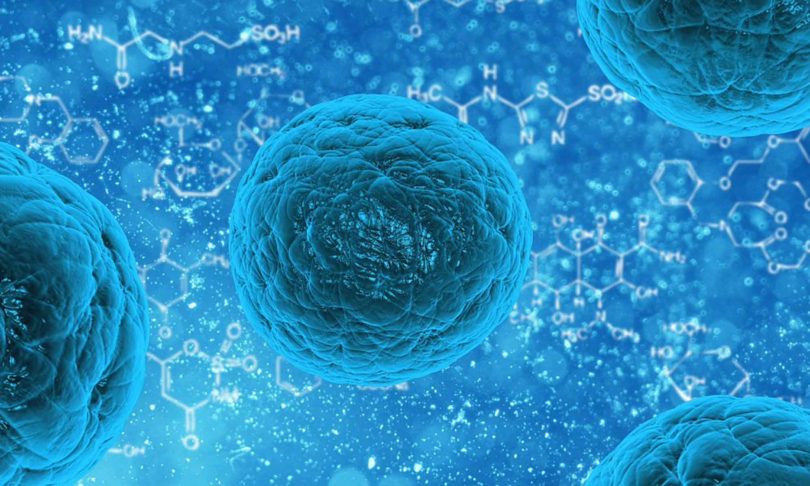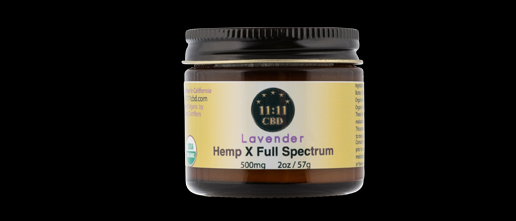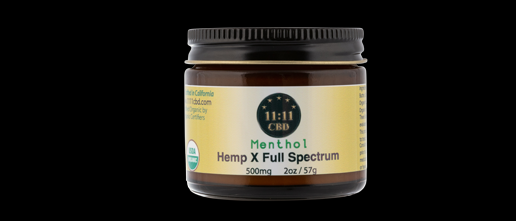
CBD Research
Scientific Study and CBD research articles
How CBD Cannabidiol works
Super Hemp x FULL Spectrum CBD
In recent years the medical world has experienced an explosion in the interest of a particular non intoxicating compound of the cannabis plant, Cannabidoil or CBD oil has generated a lot of attention particularly among medical scientists, however, just how it provides its medicinal and therapeutic effect on the body’s systems and even on a molecular scale, with specific impacts on the Endocannabinoid system, is still being investigated.
The pleiotropic drug Cannabidoil produces a wide array of different effects on the body and achieves this by accessing multiple molecular path ways. Science has identified at least 65 different molecular pathways that CBD targets. CBD has a low binding affinity (the strength of the binding interaction of an individual bio-molecule such as DNA or proteins, to its ligand/binding partner, an example are drug inhibitors), between either CBD1 or CBD2 cannabinoid receptors. Cannabidoil, does however modulate many non cannabidinoid receptors as well as ion channels. CBD delays the “re-uptake” of endogenous neurotransmitters and acts on many other independent molecular pathways such as anandamide and adenosine (essential in energy production) whilst enhancing or inhibiting the binding ability of various G-protien coupled receptors.
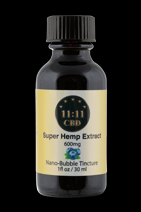
Here are some ways that CBD delivers its compound therapeutic effects
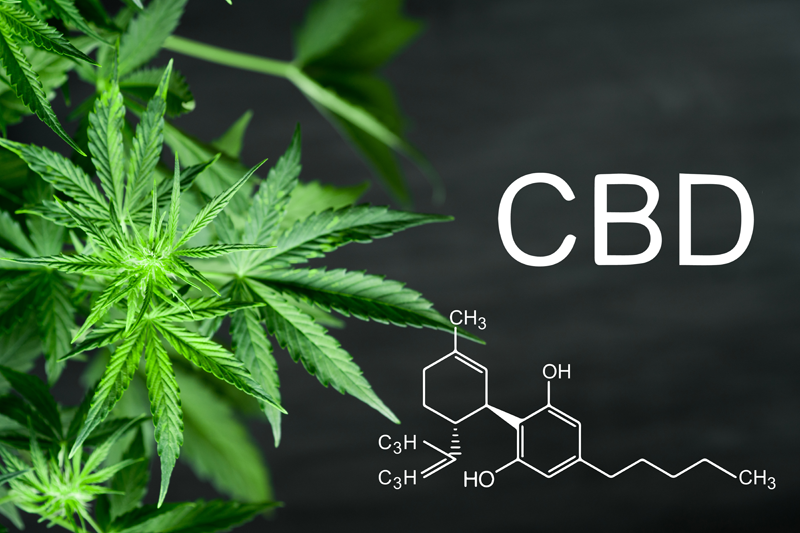
Serotonin Receptors
Pioneering research conducted in collaboration by the University of San Paulo in Brazil and King’s college in London into the neural correlates of anxiety and CBD. The study demonstrated that CBD directly activates the 5-HT1A Serotonin receptor, particularly in high concentrations, thereby producing an anti-anxiety effect.
This specific G-coupled protein receptor is involved in many neurological, as well as several fundamental biological processes, such as anxiety, pain perception, nausea, addiction, appetite, vomiting and even sleep, to name but a few.
Serotonin, a neurotransmitter activates the 5-HT family of receptors. These receptors are found in both the peripheral and central nervous systems. The 5-HT family of receptors initiate various intracellular chemical messages to cascade throughout the body producing either a inhibitory or excitatory response, dependent on the content of chemical message.
Recent Studies have demonstrated that CBDA which is CBD in its raw un-heated form, has a strong affinity with these 5-HT1A receptors, studies indicate that it is an even more powerful anti-emetic than either THC or CBD.
GRP55 Receptors
These G-coupled receptors are are widely expressed in the brain, whilst scientists are not sure whether or not they form part of a larger family of receptors which is why they are known as orphan receptors, they do know that these receptors are involved in modulating bone density and blood pressure as well as, the regulation of many other important physiological processes.
Gpr55 facilitates bone re-absorption due to it’s ability to promote osteoclast cell function, however these GRP55 receptors when in an overactive signaling state have been linked to the development of Osteoporosis and other bone degenerative diseases.
Whilst CBD(Cannabid) Oil, Promotes the activation and stimulation of the Serotonin 5-HT1A receptors, it conversely demonstrates an inhibitory or antagonistic effect on the GPR55 receptors serving to combat bone degenerative disorders by assisting in the regulation of the GRP55 receptor function.
A study conducted in 2010 by the Chinese Academy of Sciences demonstrated that these GRP55 receptors are involved with cancer cell proliferation.
Ruth Ross of the University of Aberdeen announced at the International Cannabinoid Research Society conference which took place in Lund Sweden, that CBD Oil may play a significant role in the inhibition of over active GRP55 signaling.
